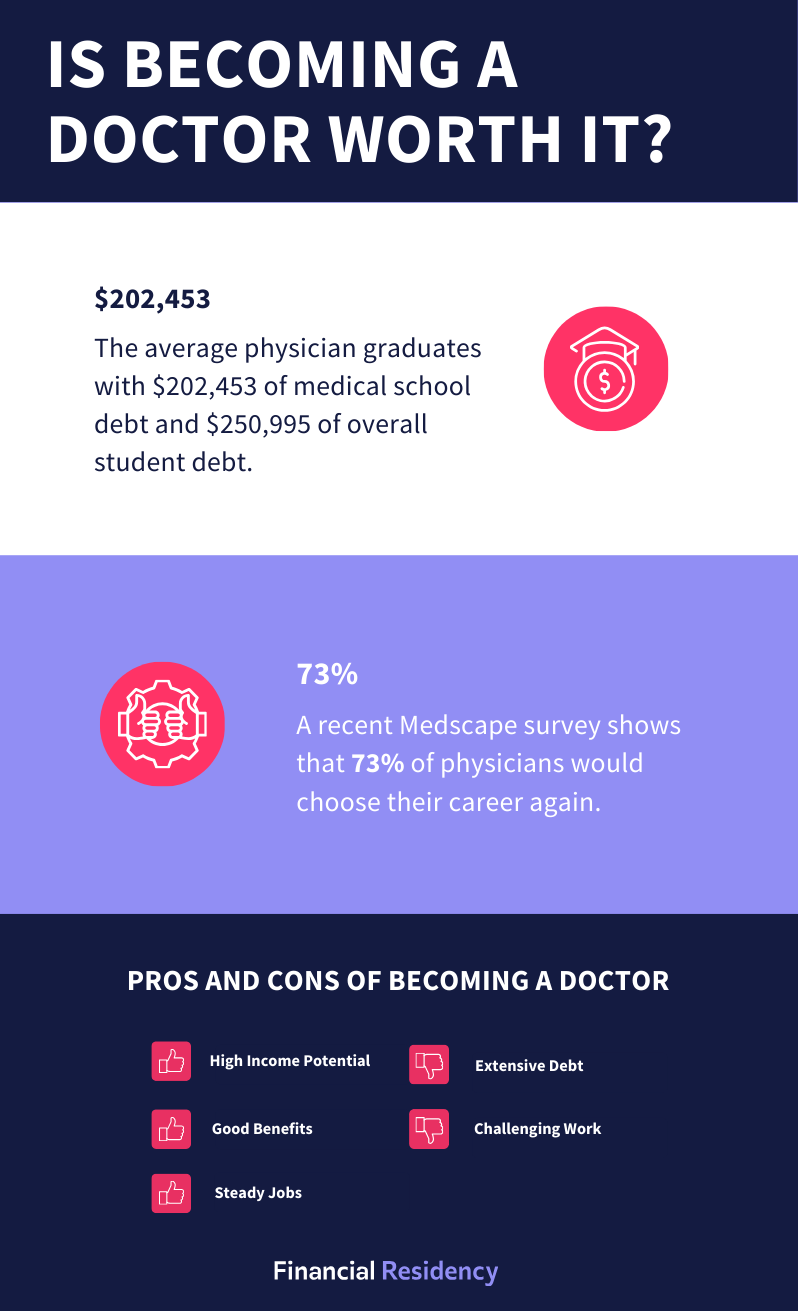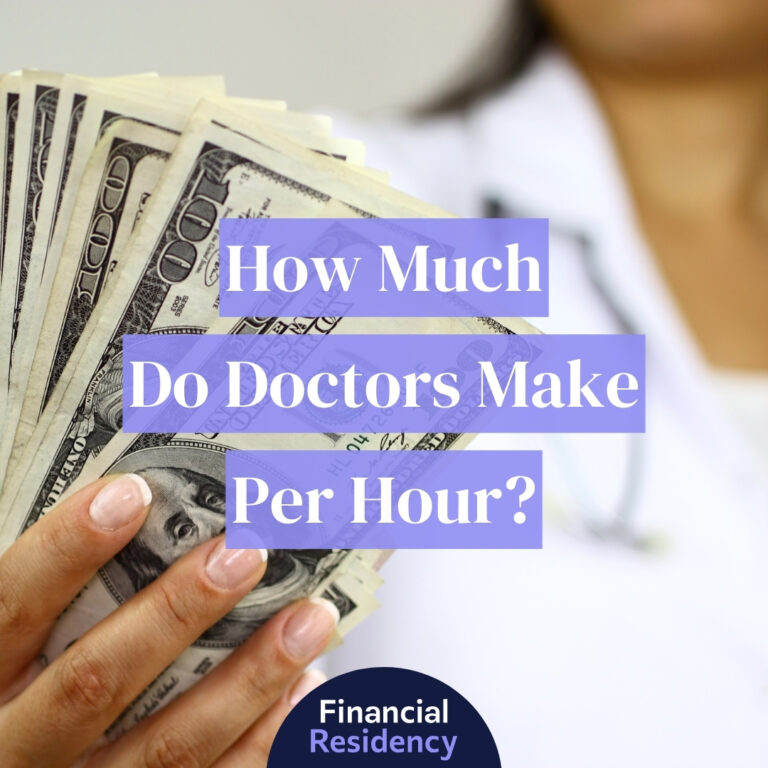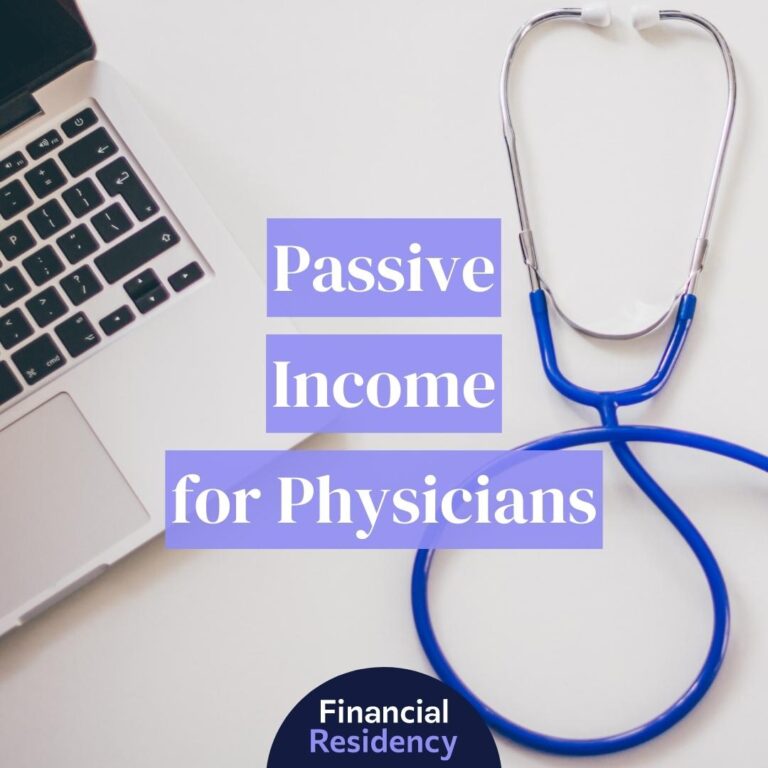If you’ve always dreamt of becoming a doctor, you may wonder if it is still worth it. The high cost of school, the threat of student loan debts, and the rules and regulations make many people wonder if their childhood dreams should become a reality.
How to Become a Doctor
Becoming a doctor is something that starts long before you begin medical school. It takes a lot of preparation in high school and college to ensure you’re eligible for medical school.
You can prepare yourself in high school by creating a well-rounded history for college applications. To get into the best schools, you need good academics, extracurricular activities, and to show leadership. This takes careful planning and a lot of hard work.
In college, you must choose the proper major, get the right grades, and develop the skills necessary to succeed in medical school. You’ll need great study habits, good time management skills, and the motivation to get through your studies and the many years of residency required to become a doctor.
Depending on your desired specialty, your career path may require more years of schooling and/or specialized degrees. You must check with your college and counselors to ensure you understand the path required.
How Much Does It Cost to Become a Doctor?
The cost of becoming a doctor is often what prevents many people from following their dreams. As we said earlier, you must get your bachelor’s degree, but then you must also attend medical school.
Most people attending school to become doctors borrow student loans, with the average medical school student leaving school with $202,453 in student loans just for medical school. The average total student debt is $250,995.
Physician Job Satisfaction
Becoming a doctor is just about the income. It’s an all-encompassing career with much frustration, including dealing with difficult patients and insurance companies. A recent Medscape survey shows that 73% of physicians would choose the same career again.
As far as what is most rewarding about their jobs, most physicians say being good at what they do is the most rewarding, and second is the relationships developed with their patients. The most challenging part of most physicians’ jobs is the number of rules and regulations they must follow and the long hours they must work.
Doctors say they spend an average of 9 to 19 hours a week on paperwork alone. 20% of physicians say they do other medical-related work to supplement their income, and 35% – 68% of physicians feel they are fairly paid.

Pros and Cons of Becoming a Doctor
Like any profession, there are pros and cons of becoming a doctor. Here are some of the most common pros and cons.
Pros
- High-Income Potential: Doctors in almost any specialty enjoy a high income. While doctors leave medical school with a large amount of debt, they often earn high incomes within a few years. Surgeons of many specialties, anesthesiologists, dermatologists, and ER physicians earn an average of $239,000, psychiatrists earn $226,800, neurologists earn $224,260, and family medicine doctors earn $211,300.
- Good Benefits: High income is definitely a plus, but benefits are often worth more than the earnings. Doctors often have access to great benefits, including extensive paid time off, great insurance, assistance with student loans, disability insurance, and an employer-sponsored retirement plan, to name a few.
- Steady Jobs: Doctors are always in high demand, so they have good job security. This is important when graduating college with hundreds of thousands of dollars in student debt. Whether you work at the hospital you do your residency or find employment elsewhere, there is always demand for doctors.
Cons
- Extensive Debt: You can’t become a doctor without attending medical school, which could mean $200,000+ in student loan debt. Even if you don’t borrow a lot to attend medical school, you must deplete your savings to cover the cost, leaving you with other debts when you leave school. The high earnings are great, but it comes at a price.
- Challenging Work: All jobs have their ups and downs, but extensive regulations and rules, challenging patients, and even difficult environments make being a doctor difficult. You might begin to feel that all that schooling to help people was wasted on paperwork and red tape.
How to Maximize the Benefits of Being a Doctor
The two largest benefits of being a doctor are the ability to help people and the financial benefits. The reward for helping people is incredible and can help you feel great about yourself and your ability to use your gifts to help others.
The financial benefits are something you can elevate and maximize to ensure you get the most out of them, including:
- Look for free financial support: Don’t run straight to student loans to pay for medical school. Exhaust all options for scholarships, grants, and other opportunities for educational support. As a doctor, loans should be a last resort to reduce your debt load.
- Learn to budget: Don’t forget the importance of budgeting, not just in your residency and fellowship but when you’re an official doctor. Budgeting ensures you put your money where it should go, whether paying down your loans, saving for retirement, or putting it away for a rainy day.
- Work with a financial planner: The sudden onset of a large income can be exciting and overwhelming. Work with a financial planner to ensure you use your money properly and put it to its best use.
Final Thoughts
Whether going through the physical, mental, and financial stress of medical school is worth it depends on your goals. If you’ve always wanted to help people and want to work in the medical field, it’s worth it.
The key is proper planning before and after school. Get help planning your school career to keep the costs to a minimum while ensuring you have every opportunity possible. Then, once you graduate, be sure you continue to have financial support to ensure you use your high income to its highest potential.




